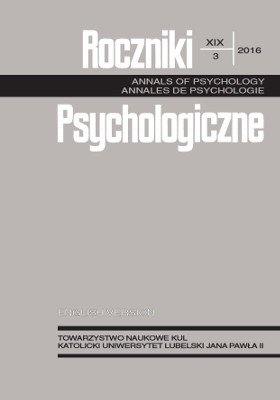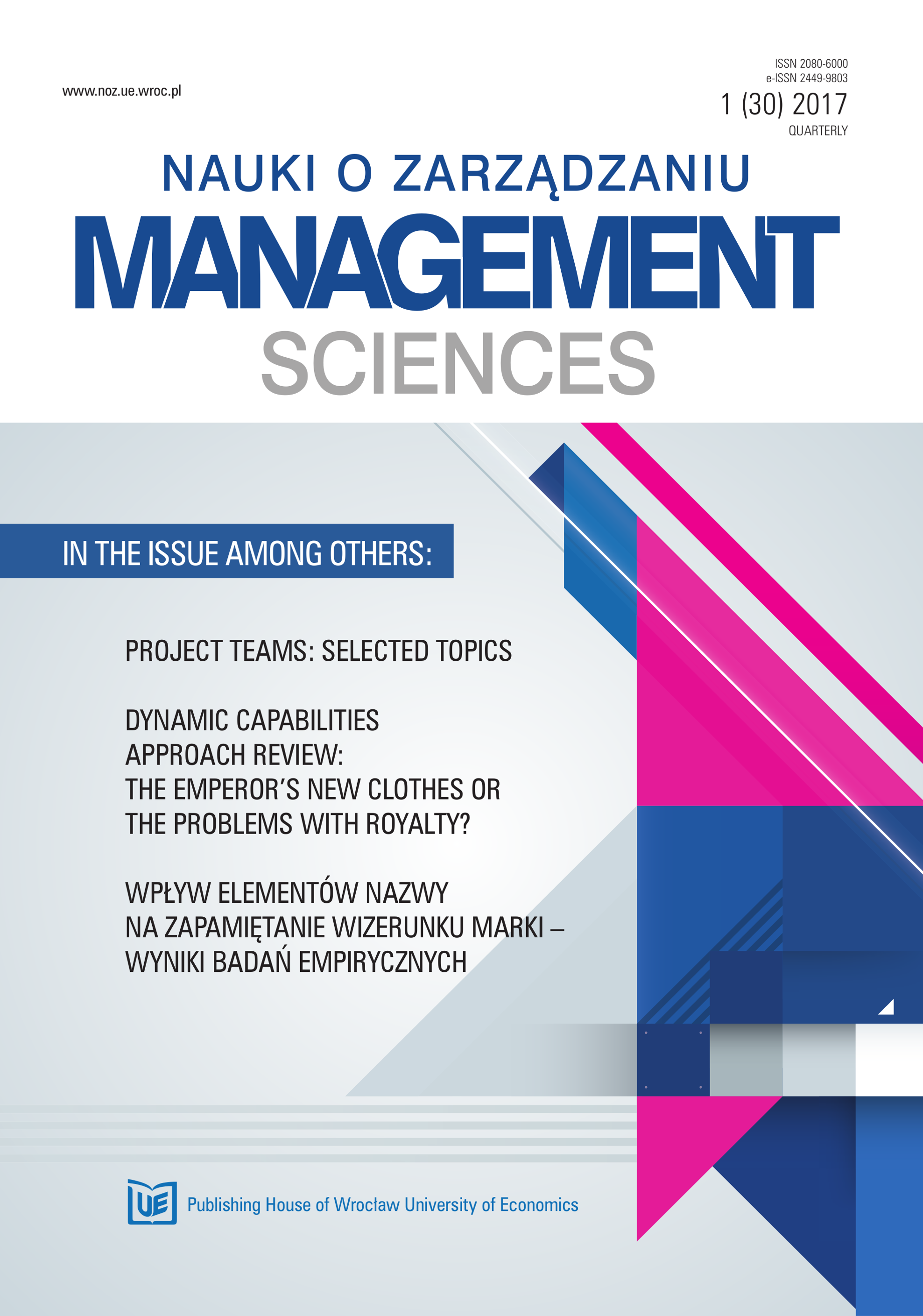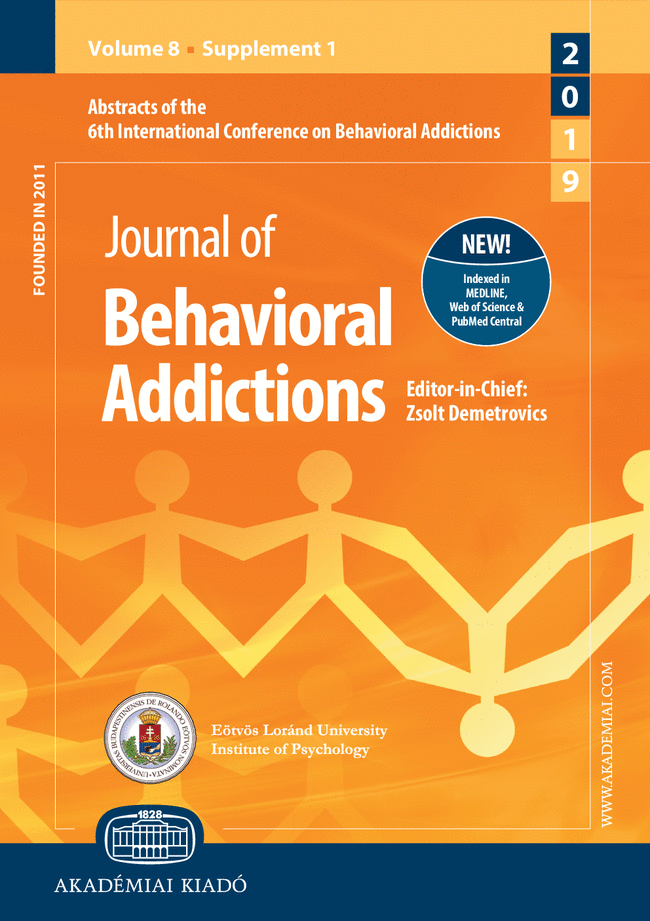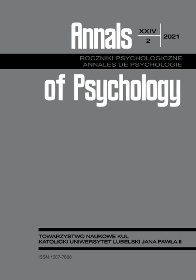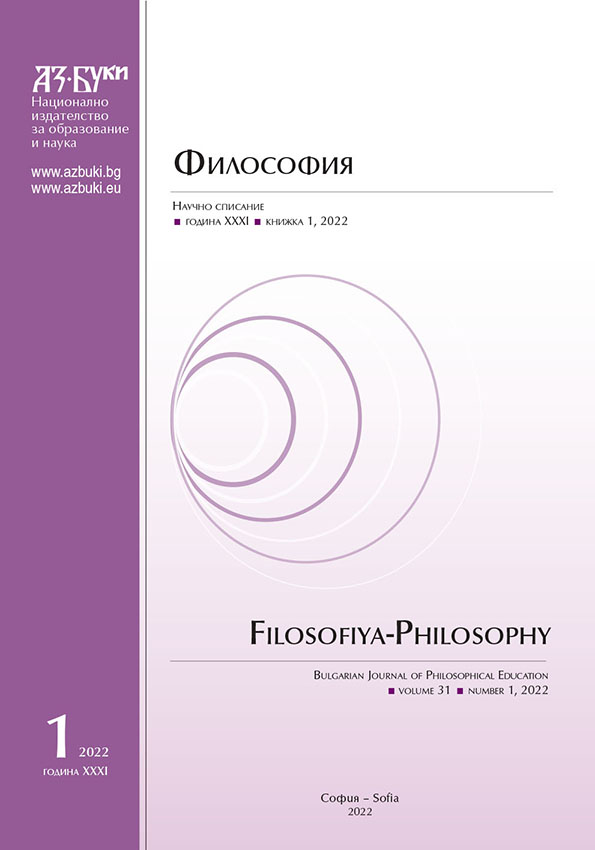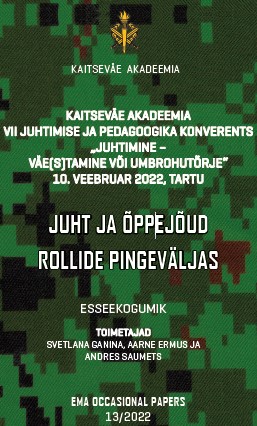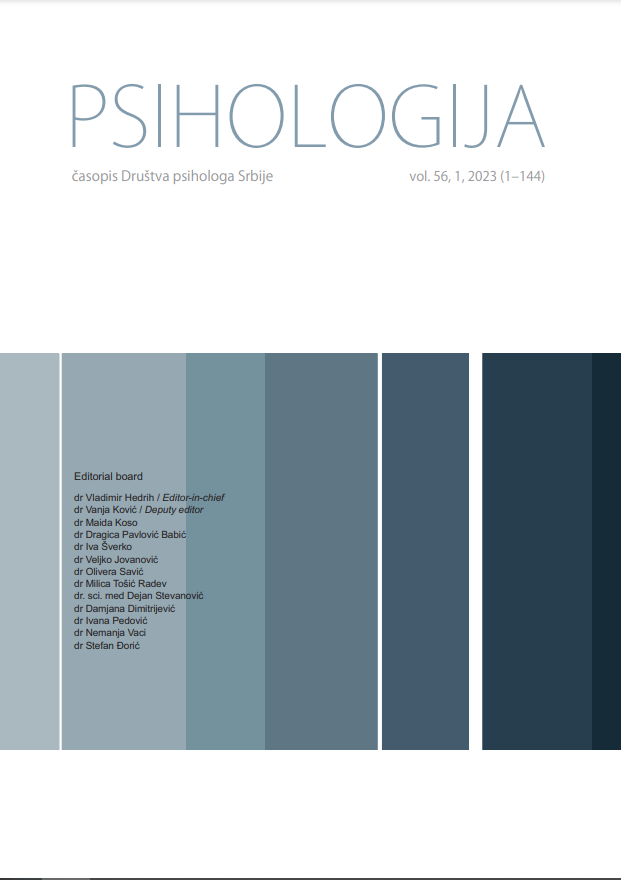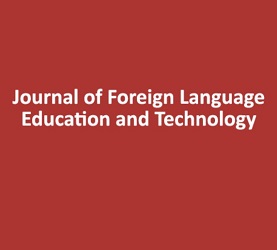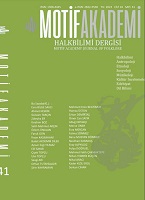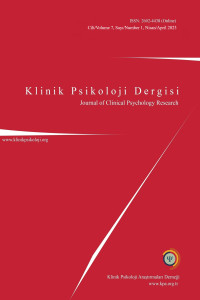Pandemi döneminde diyalektik davranış terapisi-çevimiçi grup beceri eğitimi etkililiği: Pilot bir çalışma
Author(s): Hüdanur Akkuzu,Ayşe Beyza İnce Çolak,Gülşen Karaman,Özlem Yılmaz Halıcı,Setenay Koç,Tuğba Özden,F. Işıl Bilican / Language(s): Turkish
/ Issue: 1/2023
Keywords: dialectical behavior therapy; anxiety; depression; stress; pandemic; therapy effectiveness;
Dialectical Behavior Therapy (DBT) was developed by Linehan for clients with borderline personality disorder. It is based on behaviorist approach, Zen Buddhism, and dialectical philosophy. There are four components: individual session, group skills training, telephone coaching, and consultation team. DBT group skill training consists of four modules in total, including mindfulness, interpersonal effectiveness, stress tolerance, and emotion regulation skills. Many studies have been conducted on the effectiveness of DBT and DBT group skills training. In this study, the effectiveness of 8-week DBT group skill training in university students on depression, anxiety, and stress levels during the pandemic was investigated. In addition, the improvements in emotion regulation, mindfulness, and interpersonal effectiveness skills were observed. A total of 17 women, who were undergraduate students between the ages of 18-24, participated in the study. An online self-evaluation form was sent to the participants and feedback was given to the applicants by phone call. Sociodemographic Information Form, the Five Facet Mindfulness Questionnaire-Short Form, Difficulties in Emotion Regulation Scale-Brief Form, Interpersonal Competence Questionnaire-Short Form, and Depression Anxiety Stress Scale were sent online to the selected participants before participating in the group skill training, after the 4th session, and at the end of the 8th week. According to the results, DBT group skill training was found to be helpful in reducing depression, anxiety, and stress levels. In addition, an increase was observed in emotion regulation and interpersonal competence skills.
More...


